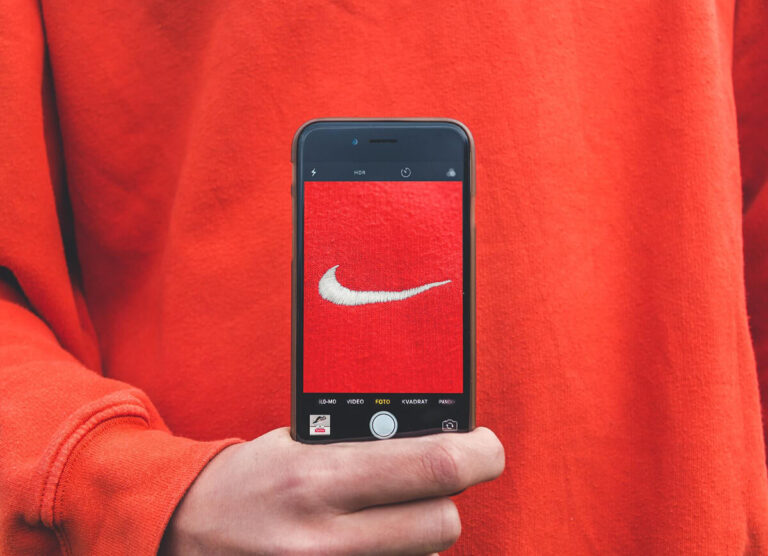2.1 million students drop out of high school every year.
That’s 7,000 students a day, or one student every 26 seconds. There are many reasons for this. Some students fail so many classes that they become overwhelmed and lose hope. Others have to make the difficult decision to become caretakers for an ill family member. And there’s a small percentage of students that don’t require a diploma to pursue their passions. This is the category I fall into.
That’s not to say my decision to drop out of high school at seventeen was easy. Quite the opposite, really. The only reason I even considered it was because I felt like I was learning more outside of school than inside school, and I felt like my time was more valuable being used in the real world. I was doing technical support for ApparelMagic after school at the time and began putting my skills in software to use in real-word applications. I remember grappling with this decision for a while. Sacrifice my last year of high school or risk losing out on an opportunity that isn’t even guaranteed to people with a college degree? But I saw an opportunity to help build the next generation of the company’s flagship software and I knew I had to follow my gut and shape a different path for myself.
And I’m glad I did. One year later, I was made a legal partner of ApparelMagic. Now, I’m the CEO. In hindsight, I can look back and say it was a good decision, but dropping out of high school and not pursuing a college degree created roadblocks throughout my career that other professionals may have bypassed because of their degrees and experience.
That’s not to say that I’ve had to work harder than others; the professional world poses a unique set of challenges for everyone. However, some of the leadership lessons I’ve learned over the years can be traced back to my decision to drop out of high school. Here are a few of them.
You must have a plan. Always.
Leaders will eventually develop a ‘gut feeling’ that will help make their jobs easier over time, but no one can rely on this gut feeling alone. Before you do anything, you must think through all the possible outcomes of a decision and have a plan in place for if it goes right or, in some cases, when it goes wrong. If I dropped out of school with no backup plan in place if my full-time role didn’t pan out, I could have set myself back a few years.
Your gut can guide you in the right direction, but developing a plan will ensure that when you take risks, which are necessary for growth and innovation, they are calculated and not compulsory.
Expect to upset some people when making a controversial decision.
No one likes to hurt anyone’s feelings, but that’s an inevitability in business, especially when you’re in a position of leadership.
There will be times when you’ll be forced to make controversial decisions beyond your control and no matter what you decide, you’ll end up upsetting someone. Even my decision to drop out of school was met with a lot of pushback from family and friends. But at the end of the day, you can’t be deterred when you know you’re doing what’s best for yourself, your employees, your customers, and your company.
This doesn’t mean you shouldn’t take their feedback into consideration. Listen to what they have to say and take that into account before finalizing your decision, but only you truly know what you need to get to where you want to be.
Don’t freeze. Keep moving.
Progress is only possible through action. If you deliberate endlessly about a decision for fear of failure or upsetting those around you, you’ll never get anything done. Do your due diligence to ensure you’re making the best possible decision you can with the information and resources at hand, but be willing to accept the consequences and roll with the punches if that decision ends up causing you to take a few steps back in the pursuit of your goals. I always like to say that riding the wave is much more exciting than sitting on the beach watching others ride the waves.
My secret to success has always been knowing that in order to achieve my personal and professional goals, I’d have to do whatever it takes to get there. That started with my decision to end my high school career a little earlier than other people do. And it’s still one of the best decisions I’ve ever made.



